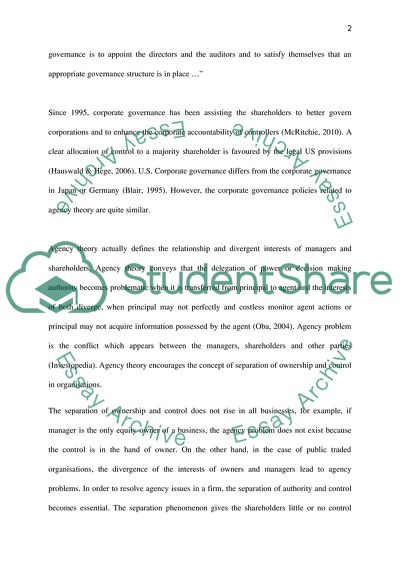Cite this document
(The Concern of the Separation of Ownership and Control Case Study, n.d.)
The Concern of the Separation of Ownership and Control Case Study. Retrieved from https://studentshare.org/human-resources/1734621-the-balance-between-small-shareholders-and-managers-agency-problem
The Concern of the Separation of Ownership and Control Case Study. Retrieved from https://studentshare.org/human-resources/1734621-the-balance-between-small-shareholders-and-managers-agency-problem
(The Concern of the Separation of Ownership and Control Case Study)
The Concern of the Separation of Ownership and Control Case Study. https://studentshare.org/human-resources/1734621-the-balance-between-small-shareholders-and-managers-agency-problem.
The Concern of the Separation of Ownership and Control Case Study. https://studentshare.org/human-resources/1734621-the-balance-between-small-shareholders-and-managers-agency-problem.
“The Concern of the Separation of Ownership and Control Case Study”, n.d. https://studentshare.org/human-resources/1734621-the-balance-between-small-shareholders-and-managers-agency-problem.


